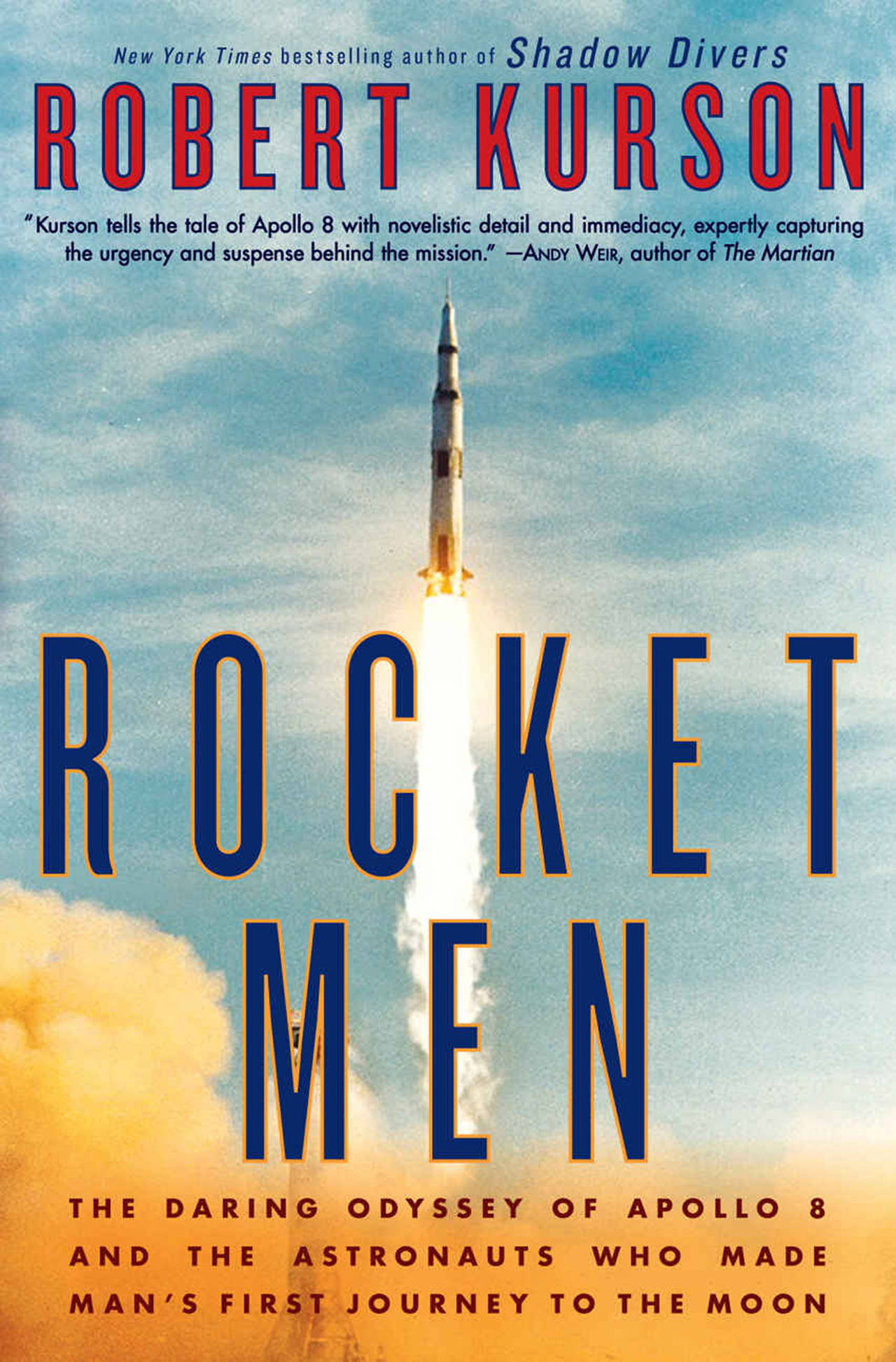By Rick Kogan
Chicago Tribune
Over the past few months, astronauts have entered my orbit with surprising frequency.
In April came Frank Borman, Jim Lovell and Bill Anders, not in the flesh but jumping off the pages of a spectacular new book, “Rocket Men: The Daring Odyssey of Apollo 8 and the Astronauts Who Made Man’s First Journey to the Moon” (Random House).
It is the work of Rob Kurson, a former lawyer and newspaperman. It was born in late 2014, when Kurson visited the Museum of Science and Industry. He was walking out of the museum when he noticed a space capsule.
It was the command module of Apollo 8, which had carried the first men to the moon in 1968 and became the first mission to enter lunar orbit. “Like many people I knew all about Apollo 11 and Apollo 13 but nothing about this,” Kurson says.
He started to research and quickly learned that Apollo 8 was “the most daring and dangerous journey that NASA has ever attempted.”
“Rocket Men” tells the story in great style through 350-some pages of “daring, adventure, risk-taking” and so much more.
Lovell — who, like Kurson and his family, has long lived in the northern suburbs (and operated an acclaimed eponymous restaurant in Lake Forest from 1999 to 2015) — was a fan of Kurson’s other works. He was not only receptive to meeting and being interviewed by Kurson, but happily introduced the writer to his fellow space travelers, all then in their 80s.
The trio was generous with their time and with their still vivid memories, helping elevate “Rocket Men” into the ranks of the most accomplished nonfiction books. Kurson’s portraits of the men, as well as their wives (all are still married to the women who watched them go into space), their families and space-program colleagues, are intimate and artfully drawn.
“These guys really don’t think of themselves as heroes,” says Kurson. “They believe the real heroes of the time were the young men fighting in Vietnam. These three could not be nicer and more humble. They are regular guys who were just doing their job.”
I encountered my next astronaut in the flesh. He was Scott Altman, better known as “Scooter,” and he was speaking at the Union League Club of Chicago in front of a bunch of people on May 3. A native of downstate Lincoln and a graduate of the University of Illinois and the Naval Postgraduate School, he is now a 58-year-old retired Navy captain. He has all manner of awards for his abilities with airplanes and for his four trips into space, commanding two of those missions, included his final one in 2002 to service the Hubble Space Telescope.
After his presentation about the Astronaut Scholarship Foundation, Altman relaxed with a couple of new friends, a few bourbons and his younger sister Sarah, a smart and delightful business executive. He told of spending a total of 51 days in space and of working on many of the aerial stunts in “Top Gun,” that 1986 Tom Cruise movie in which he (Altman, not Cruise) is seen famously “flipping the bird” at the enemy pilot.
Finally, there came news of the death of Tom Wolfe on May 14. A hugely influential writer, stylist and leading pioneer in the adventure that was New Journalism — my 20-page “senior project” in high school was a detailed examination and critical look at his 1968 “The Electric Kool-Aid Acid Test” — he did more than any ticker tape parade to honor and glorify astronauts (and the aviators who came before them) in his 1979 best-seller, “The Right Stuff.”
I reread his book and rewatched the 1983 film based on it. Both are as stirring as I remembered from long ago first encounters. Be aware, there are many astronauts in the book and movie and there will be more coming our way with next year’s 50th anniversary of the 1969 moon landing. I eagerly await their arrival.


